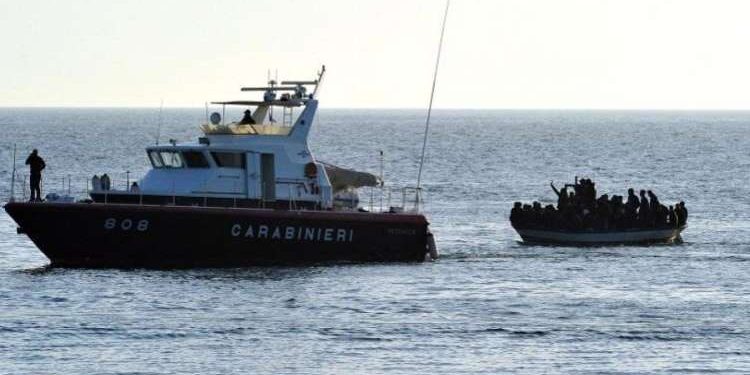Information is currently making great noise in Europe. Italy works to set up an armed naval blockade at Tunisian borders. A decision considered as an act of war by certain human rights defenders in Europe. Moreover, the postponement of the visit of a European Commission in Tunisia would take place for this reason.
It is only a secret of a polichinelle, Italy claims to work to block the access of migrants to its maritime borders. While a week ago, Giorgia Meloni had launched a direct call to the EU and speaks of an emergency situation in Lampedusa, his Minister of the Interior explicitly evokes the heavy measure of setting up an armed naval blockade.
Giorgia Meloni wishes a “European mission, including a naval mission if necessary” to prevent migrant boats from reaching Italy.
A naval blockade, which would repress refugees as economic migrants at the risk of putting their lives in danger, would be contrary to international law. Contrary also to the values of the EU.
“A naval blockade is not an operation carried out in peacetime. A naval blockade only occurs, as it is currently understood, during an international armed conflict, “warns Phillip Drew, deputy dean of the Queen’s University and author of the book The Law of Maritime Blockade.
“Part of the requirement of a blockade is that it blocks everything. No ship enters, no ship comes out. No matter their intention. It doesn’t matter who owns them. Since Italy and Tunisia are far from an armed conflict-in fact, the two countries are linked by a new memorandum of understanding-a naval blockade is out of the question, says Phillip Drew, who considers that “the use of this terminology is unhappy”, he said quoted by Euronews.
But still according to the same source, the intervention should be carried out as close as possible to the Tunisian coast, even inside them, in order to prevent ships from leaving. What position for Tunisia? Currently, Tunis is not expressed on this possible armed operation envisaged at its borders. But the cloth still burns between the two parties, despite the signing of a partnership agreement last August.
Would it be a question of relaunching Mare Nostrum, the military-humanitarian operation carried by Rome in 2013, after the murderer shipwreck off the coast of Lampedusa (366 dead)? A plan replaced the following year by Triton, under the leadership of the European border guard at Frontex. Then by Sophia (2015-2019), another Italian operation targeting the smugglers…








